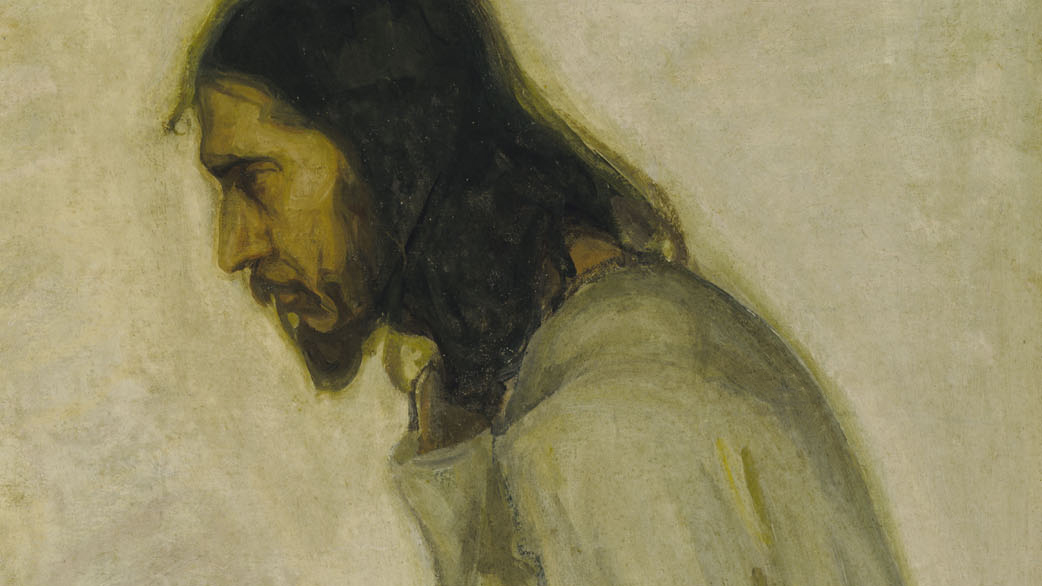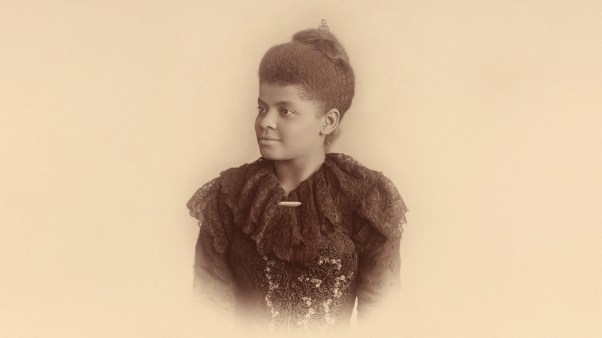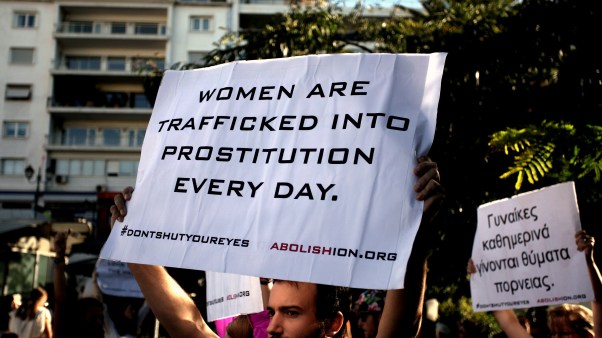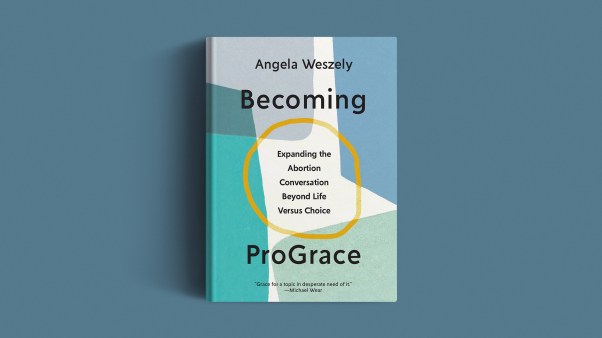Having been a Muslim for most of my life, I now have been a Christian for nearly two decades, following a lengthy exploration of the gospel’s credibility. What struck me during that exploration—and still strikes me—is Christianity’s Easternness and Middle Easternness. On every page of both the Old and New Testaments, I hear the Levantine accents of those speaking.
Seeing Jesus from the East: A Fresh Look at History’s Most Influential Figure
HarperCollins Children's Books
240 pages
As a Middle Easterner, every time I read Bible stories, a smile crawls across my face because its aphorisms sound so much like those my relatives use. I can almost smell the spices of dishes I came to love as a child. My heart warms at the examples of hospitality. After all, Jesus and his disciples were not sharing apple pies, french fries, or hot dogs as they ministered to those around them. The Bible’s Eastern tang is so pungent that one wonders how Christianity has come to be viewed as a Western, white religion.
Reading the Bible through my Western lenses, I see also how Jesus appeals to Western minds. If the East is based on communal conformity, the West is based on individualism and countercultural nonconformity. Jesus was countercultural, despite his Easternness. While he naturally expressed the communal culture of the Middle East, Jesus often extolled the virtues of the individualism that Westerners have come to value so much. In a patriarchal and often misogynistic society, Jesus shocked those around him by lifting women to their rightful status as equals. He bucked the ethnocentrism of his day as well.
Somehow all of that had escaped my attention. When I was a Muslim, I thought that the Bible whitewashed Jesus, while the Qur’an depicted his Middle Eastern quality. When I read the Bible to really explore it, however, I discovered the opposite. The biblical Jesus is a fully fleshed-out person, steeped in Middle Eastern qualities.
What’s more striking is that somehow Jesus’ olive-oil quality had escaped the attention of Christians who tried to share the gospel with me. That’s the power of today’s narrative currents labeling Christianity as a white, male religion. “Familiarity,” as the saying goes, “breeds contempt.” And in the West, familiarity and complacency have diluted the gospel’s Eastern tang.
This is another reason why Westerners should care how Eastern Jesus is. As the West becomes more and more concerned with whether nonwhites and women are being oppressed, we would do well to recapture the reality that nonwhites were Christianity’s original champions and martyrs. So much blame for cultural ills has been laid at Christianity’s feet that it’s time to reassess the positive impact Jesus can have today.
Years ago, I met a bright, young African American man. He was raised in a Christian home but became convinced that the Bible condones slavery, racism, and other repugnant ideas. Eventually, he abandoned the Bible as outdated and immoral by contemporary standards. Decades (and even centuries) of Christians using the Bible to justify such ugly practices didn’t help matters.
We sat down together and wrestled with the Bible’s difficult passages that seem to condone slavery. Those passages are laced with Eastern idioms that are unfamiliar or even off-putting to Western ears. But when properly understood, the harshness gives way to something ennobling and valuable for people of all races. It is, of course, true that imperialists have used Christianity to oppress others. Avarice-enchanted men contorted Christianity to rationalize the slave trade, conquests of indigenous peoples, and forced conversions. At times, Christians who didn’t condone racism have turned a blind eye to it. But it was Christianity rightly understood and applied that brought about abolition and emancipation.
A famous abolitionist image that seared itself onto British retinas and hearts depicted an African slave kneeling as he asked the question, “Am I not a man and a brother?” This question eventually elicited white Britons to answer yes, because they were influenced by the olive-skinned gospel that declares all humans to be the bearers of God’s very image. True, it took decades to accomplish. But it likely never would have been accomplished were it not for the message of equality so profoundly uttered and demonstrated by Jesus.
The young man I spoke with was beginning to see the Bible’s Easternness and how it impacted Europe for the better, contrary to the narrative of Christianity as Western and imperialist. Seeing Jesus from the East is critical for Westerners, whose culture owes so much to the carpenter from Nazareth.
Taken from Seeing Jesus from the East by Ravi Zacharias and Abdu Murray. Copyright © 2020 by Zondervan. Used by permission of Zondervan. www.zondervan.com.











